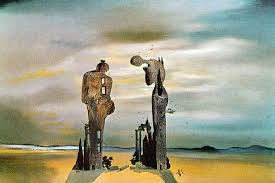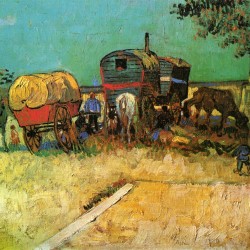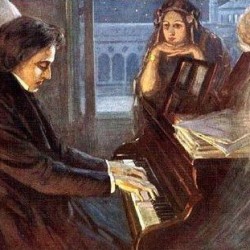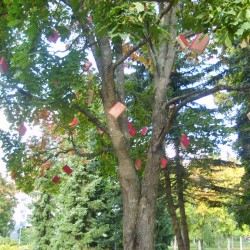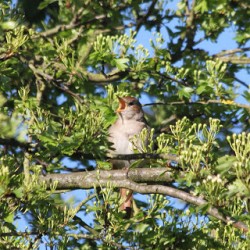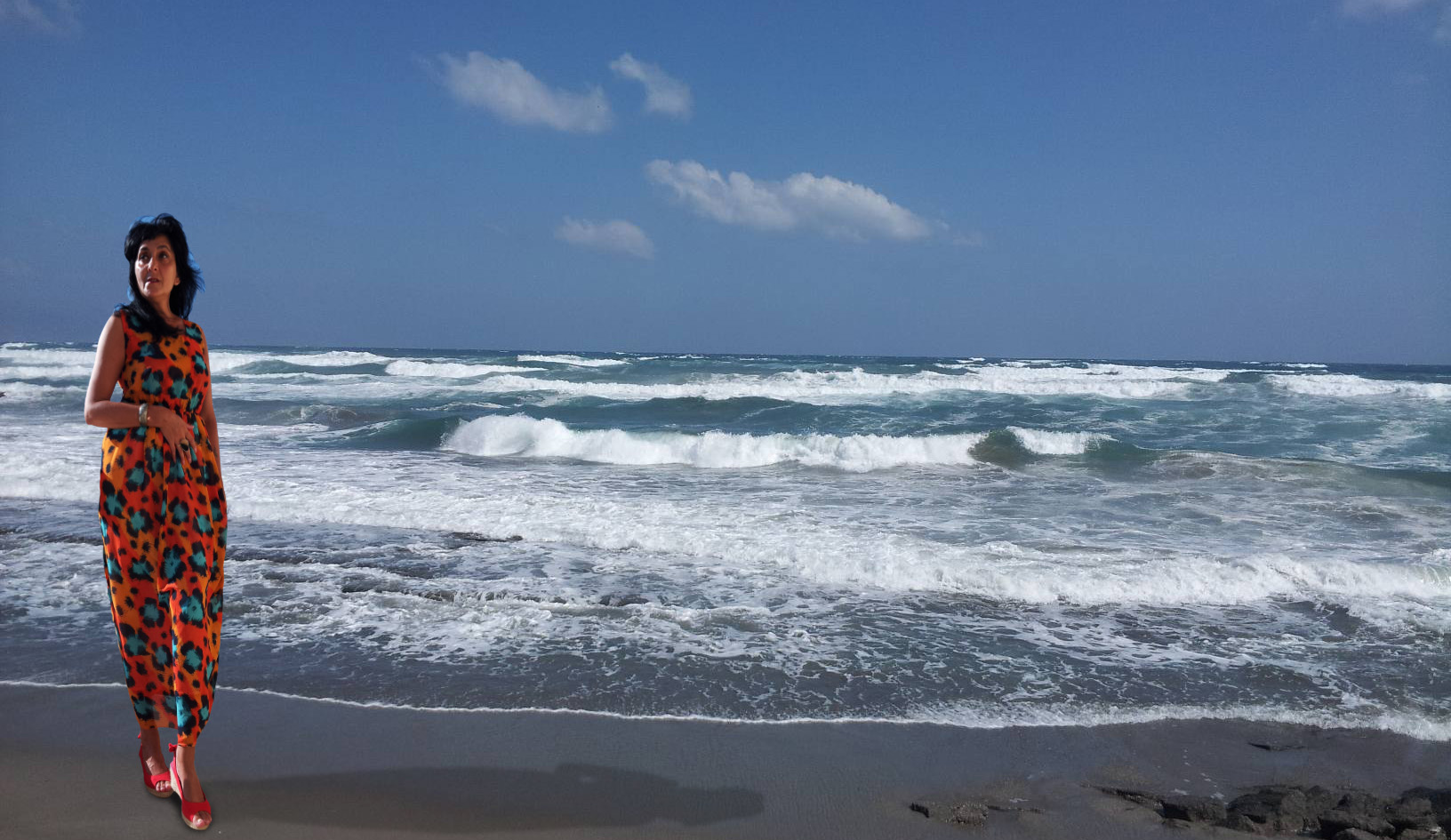- HOME
- MEDIA
- L.Onerva
- Eino Leino
- Eeva-Liisa Manner
- Erään Opon päiväkirja
- Elämänkenttäni
- Elämäni ”viiva”
- Käyttöteoriani – se miten minä ohjaan
- Kulttuuritietoinen ja kansainvälistyvä ohjaus
- Ohjauksen järjestäminen maahanmuuttajakoulutuksessa
- Ohjauksen yhteiskunnallinen viitekehys
- Ohjaukäsite
- Oma opiskeluorientaatio
- Opiskelijoiden yksilöllisyys ohjauksessa
- EETTISET KYSYMYKSET
- Psykososiaalisen kehityksen teoria
- Suhteeni erilaisuuteen ja tehtäväni opinto-ohjaajana
- Opinto-ohjauksen ja erityisopetuksen yhtäläisyyksiä ja eroja
- Kehitykseni opinto-ohjaajana
- Maahanmuuttajan uraohjaus
- Maahanmuuttajien ohjaus ja neuvonta: kuka, mitä, miten?
- Ohjauksen tulevaisuus
- Elämänkenttäni
- Mariana Marin
- Claudiu Komartin
- Mariana Codrut
- Roland Erb
- Romanian poetry
- STORIES
- READING POETRY
- translated Finnish-Romanian
- translated English-Finnish
- translated French-Finnish
- translated Romanian-English
- translated Spanish-English
- translated German-English
- translated Finnish-English
- translated English-Romanian
- translated French-Romanian
- translated French-English
- translated Romanian-French
- translated Romanian-German
classic poetry
Hay almas que tienen
POSTED IN classic poetry July 11, 2015
Hay almas que tienenHay almas que tienen
azules luceros,
mañanas marchitas
entre hojas del tiempo,
y castos rincones
que guardan un viejo
rumor de nostalgias
y sueños.Otras almas tienen
dolientes espectros
de pasiones. Frutas
con gusanos. Ecos
de una voz quemada
que viene de lejos
como una corriente
de sombra. Recuerdos
vacíos de llanto
y migajas de besos.
Mi alma está madura
hace mucho tiempo,
y se desmorona
turbia de misterio.
Piedras juveniles
roídas de ensueño
caen sobre las aguas
de mis pensamientos.
Cada piedra dice:
“¡Dios está muy lejos!”
Federico García Lorca
Lettera a mia figlia sugli uomini
POSTED IN classic poetry July 10, 2015
Lettera a mia figlia sugli uomini
Gli uomini, ti dicevo.
Amali, ma senza farti troppo male.
Amali, senza mai mancarti di rispetto.
Sono tremendamente imperfetti, credimi, a volte sono rozzi,
spesso non trovano le parole, anzi stanno semplicemente troppo zitti,
quando tu avverti il desiderio di essere inondata di verbi,
sostantivi e aggettivi o vorresti che usassero l’infallibile intelligenza del cuore
piuttosto che la labile ragionevolezza della mente.
Amali perché sono fragili, anche quando esibiscono muscoli da palestra,
comprendi, senza tradire te stessa, la loro frugalita d’animo:
e solo timidezza, a volte, e maschera implacabili menti matematiche
che non apprezzano la bellezza del caos.
Prova a giustificarli
se non riescono a essere ragionevolmente indipendenti come siamo noi.
Il loro cruccio e che non sanno maneggiare i sentimenti,
e perdonali se pronunciano raramente l’invocato “ti amo”:
non hanno letto abbastanza poesie.
Sii sempre loro amica e te ne saranno grati.
Sorridi, tollerante, quando ti accorgi che mentono sapendo di mentire:
l’ironia delle donne e un’arma della quale non conoscono la sottile arguzia,
l’alleanza femminile li sconcerta, la generosita li meraviglia.
Regala loro dei romanzi: nella buona letteratura sono racchiuse le migliori risposte.
Spiega loro il coraggio e la lealta,
la potenza di un abbraccio e il languore di una carezza fra i capelli.
Infine sposali, se sanno cucinare
e solo quando avranno imparato
ad asciugare quella lacrima sul ciglio dei tuoi occhi fieri
Paola Calvetti
Insomnia. Homer. Taut canvas
POSTED IN classic poetry July 8, 2015
Insomnia. Homer. Taut canvasInsomnia. Homer. Taut canvas
Half the catalogue of ships is mine:
that flight of cranes, long stretched-out line,
that once rose, out of Hellas.To an alien land, like a phalanx of cranes –
Foam of the gods on the heads of kings –
Where do you sail? What would the things
of Troy, be to you, Achaeans, without Helen?The sea, or Homer – all moves by love’s glow.
Which should I hear? Now Homer is silent,
and the Black Sea thundering its oratory, turbulent,
and, surging, roars against my pillow.Osip Mandelstam
Gipsy Vans
POSTED IN classic poetry July 8, 2015
Gipsy VansUnless you come of the Gipsy stock
That steals by night and day,
Lock your heart with a double lock
And throw the key away.
Bury it under the blackest stone
Beneath your father’s hearth,
And keep your eyes on your lawful own
And your feet to the proper path.
Then you can stand at your door and mock
When the Gipsy vans come through…
For it isn’t right that the Gorgio stock
Should live as the Romany do.Unless you come of the gipsy blood
That takes and never spares,
Bide content with your given good
And follow your own affairs.
Plough and harrow and roll your land,
And sow what ought to be sowed;
But never let loose your heart from your hand,
Nor flitter it down the road!
Then you can thrive on your boughten food
As the gipsy vans come through…
For it isn’t nature the Gorgio blood
Should love as the Romany do.Unless you carry the Gipsy eyes
That see but seldom weep,
Keep your head from the naked skies
Or the stars’ll trouble your sleep.
Watch your moon through your window-pane
And take what weather she brews;
But don’t run out in the midnight rain
Nor home in the morning dews.
Then you can huddle and shut your eyes
As the gipsy vans come through…
For it isn’t fitting the Gorgio ryes
Should walk as the Romany do.Unless you come of the ipsy race
That counts all time the same,
Be you careful of Time and Place
And Judgment and Good Name:
Lose your life for to live your life
The way that you ought to do;
And when you are finished, your God and your wife
And the Gipsies’ll laugh at you!
Then you can rot in your burying place
As the gipsy vans come through…
For it isn’t reason the Gorgio race
Should die as the Romany do.By Rudyard Kipling
Happy birthday, Hilja Onerva Lehtinen!
POSTED IN classic poetry, Spring, translated Finnish-English, translated Finnish-Romanian April 28, 2015
Tropiikin alla
Yhden kerran elämässä tuliruusu aukee
yhden yön se kukoistaa ja aamulla jo raukee
sill’ on syvä silmänluonti, kutsuva ja kuuma
sill’ on hehkuheteillänsä keskiöiden huumaSill’ on lehti verinen ja purppurainen huuli
sill’ on tuoksu huumava kuin kevätaron tuuli.
Taita tulikukkanen ja juo sen kuuma mesi
elä hetki, nauti hetki, kaadu paikallesi!
Hilja Onerva Lehtinen
At Tropics
Only once in a lifetime the fire-rose opens eyes
only for a night it blossoms and by morning dies
for one night it has a deep glance, calling through the fire
for one night its glowing stamens have midnight’s desire.For one night a bloody petal and a purple lip,
its intoxicating fragrance, springtime’s windy steppe,
break away the burning flower, drink its essence fever
Live a moment, carpe diem and then die forever !
La Tropice
Un moment in asta viata roza de foc e in floare,
doar o noapte infloreste,pana dimineata moare;
isi deschide ochi adanci si chematori in soapte,
in stamine-are extazul miezului de noapte.Are sangerie frunza, buze purpurii,
parfum orfic, vantul stepei verilor pustii.
Frange infocata floare, bea-i din trup esenta,
Fii si bucura-te-o clipa, uita-ti existenta!
Happy Eternity on your birthday, Hilja Onerva Lehtinen, the Fire Rose of Finnish poetry
Romanian and English versions by Maria Magdalena Biela
Chopin
POSTED IN classic poetry February 27, 2015
ChopinI
A dream of interlinking hands, of feet
Tireless to spin the unseen, fairy woof
Of the entangling waltz. Bright eyebeams meet,
Gay laughter echoes from the vaulted roof.
Warm perfumes rise; the soft unflickering glow
Of branching lights sets off the changeful charms
Of glancing gems, rich stuffs, the dazzling snow
Of necks unkerchieft, and bare, clinging arms.
Hark to the music! How beneath the strain
Of reckless revelry, vibrates and sobs
One fundamental chord of constant pain,
The pulse-beat of the poet’s heart that throbs.
So yearns, though all the dancing waves rejoice,
The troubled sea’s disconsolate, deep voice.II
Who shall proclaim the golden fable false
Of Orpheus’ miracles? This subtle strain
Above our prose-world’s sordid loss and gain
Lightly uplifts us. With the rhythmic waltz,
The lyric prelude, the nocturnal song
Of love and languor, varied visions rise,
That melt and blend to our enchanted eyes.
The Polish poet who sleeps silenced long,
The seraph-souled musician, breathes again
Eternal eloquence, immortal pain.
Revived the exalted face we know so well,
The illuminated eyes, the fragile frame,
Slowly consuming with its inward flame,
We stir not, speak not, lest we break the spell.III
A voice was needed, sweet and true and fine
As the sad spirit of the evening breeze,
Throbbing with human passion, yet devine
As the wild bird’s untutored melodies.
A voice for him ‘neath twilight heavens dim,
Who mourneth for his dead, while round him fall
The wan and noiseless leaves. A voice for him
Who sees the first green sprout, who hears the call
Of the first robin on the first spring day.
A voice for all whom Fate hath set apart,
Who, still misprized, must perish by the way,
Longing with love, for that they lack the art
Of their own soul’s expression. For all these
Sing the unspoken hope, the vague, sad reveries.IV
Then Nature shaped a poet’s heart–a lyre
From out whose chords the lightest breeze that blows
Drew trembling music, wakening sweet desire.
How shall she cherish him? Behold! she throws
This precious, fragile treasure in the whirl
Of seething passions; he is scourged and stung,
Must dive in storm-vext seas, if but one pearl
Of art or beauty therefrom may be wrung.
No pure-browed pensive nymph his Muse shall be,
An amazon of thought with sovereign eyes,
Whose kiss was poison, man-brained, worldy-wise,
Inspired that elfin, delicate harmony.
Rich gain for us! But with him is it well?
The poet who must sound earth, heaven, and hell!
Emma Lazarus
Trees
POSTED IN classic poetry December 12, 2014
Trees
I think that I shall never see
A poem lovely as a tree.A tree whose hungry mouth is prest
Against the earth’s sweet flowing breast;A tree that looks at God all day,
And lifts her leafy arms to pray;A tree that may in summer wear
A nest of robins in her hair;Upon whose bosom snow has lain;
Who intimately lives with rain.Poems are made by fools like me,
But only God can make a tree.
Joyce Kilmer
Erotessa
POSTED IN classic poetry, translated Finnish-English September 11, 2014
ErotessaMuistelen minä sinua:
satakielet soittelevat
yössäni hämärtyvässä.Muistelet sinä minua:
lepinkäiset lentelevät
pääsi päälle istumahan.Muistelemme toisiamme:
kaksi kaunista kesällä
kesälehti kolmantena.Eino Leino
Apart
Remember you, love at first sight,
nightingales sing in empty soul
in darkness of my empty night.Remember me, love at first sight,
shrikes fly in legends of the fall
and sit on your head in light.We are remembering each other
two beautiful in summer time
a summer leaf – three summer chime.
translated by Maria Magdalena Biela
Me thinks this heart should rest awhile
POSTED IN classic poetry July 30, 2014
Me thinks this heart should rest awhile
Me thinks this heart should rest awhile
So stilly round the evening falls
The veiled sun sheds no parting smile
Nor mirth nor music wakes my HallsI have sat lonely all the day
Watching the drizzly mist descend
And first conceal the hills in grey
And then along the valleys wendAnd I have sat and watched the trees
And the sad flowers how drear they blow
Those flowers were formed to feel the breeze
Wave their light leaves in summer’s glowYet their lives passed in gloomy woe
And hopeless comes its dark decline
And I lament because I know
That cold departure pictures mine.
Emily Jane Bronté
The Only News I Know
POSTED IN classic poetry July 30, 2014
The only news I know
The only news I know
Is bulletins all day
From immortality:
The only shows I see
Tomorrow and today.
Perchance eternity.
The only one I meet
Is God, the only street
Existence; this traversed.
If other news there be
Or admirabler show,
I’ll tell it you.
Emily Dickinson

Copyright © 2025 by Magdalena Biela. All rights reserved.
